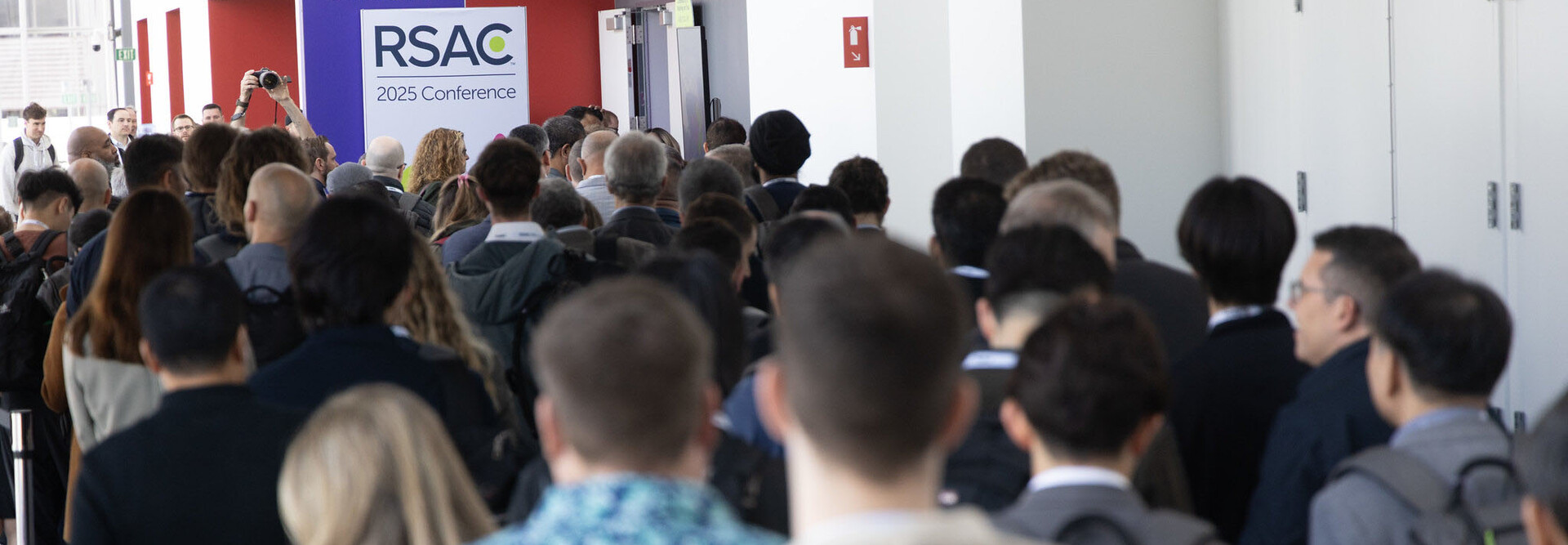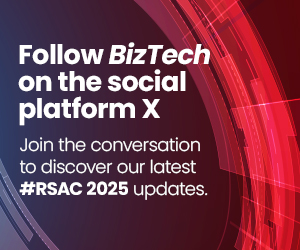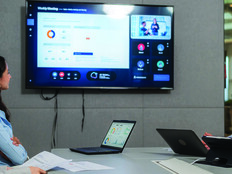“Community is what makes us strong in cybersecurity,” he said. “One thing that blows me away is how important cybersecurity continues to be in society — and how much it’s recognized as important. For example, today at 6:30 a.m., the New York Stock Exchange flew the opening bell to San Francisco to RSAC, and it was rung to open the day for trading. That very rarely happens.”
Thompson noted that RSAC, now in its 34th year, has posted its highest attendance ever. Submissions to its annual Innovation Sandbox, a contest among the most groundbreaking cybersecurity startups, had more than 200 submissions; that’s another record, and a 40% increase over last year. And through May 1, he said, attendees can choose from more than 400 educational sessions, a list that was culled from more than 2,800 proposed sessions — again, the most ever.
FIND OUT: A few data governance strategies for AI success.
AI Models Built for Security
If togetherness is the theme of RSAC 2025, AI is the pervasive topic or subtopic of nearly every session. The technology is changing fundamentally both how organizations defend themselves and how criminals attack them.
Jeetu Patel, executive vice president and chief product officer of Cisco, told attendees that organizations needed to do more to both secure their AI models and use AI in their own defense.
“First, we have to secure AI itself,” Patel said. “And then we have to use AI in our defenses, because human scale defenses will be insufficient when the attacks are happening at machine scale.”
To that end, Cisco said it is is releasing “the first open-source reasoning model built specifically for enhancing security applications.” Until now, Patel argued, security teams have been relying on general models like those released by OpenAI. That’s insufficient.
Click the banner below to receive related insights after our event coverage.















